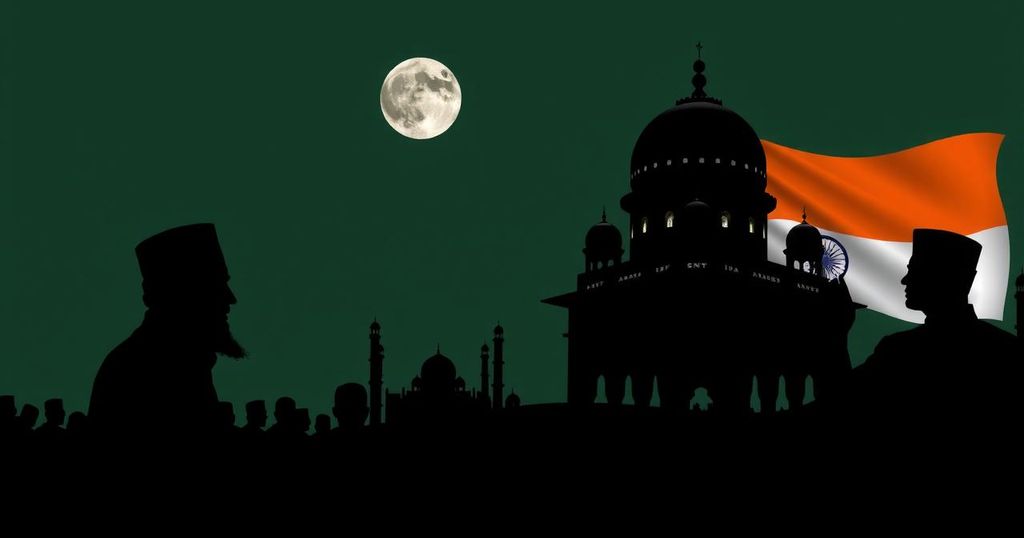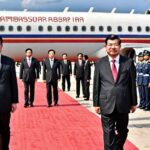Bangladesh Jamaat-e-Islami Chief Advocates for Non-Interfering Relations with India
In recent statements, Shafiqur Rahman, the chief of Bangladesh Jamaat-e-Islami, underscored the party’s aspiration for amicable and stable relations between Bangladesh and India. However, he urged New Delhi to reconsider its approach toward foreign relations, emphasizing that such bilateral ties should not involve interference in domestic affairs.
Mr. Rahman elaborated that while Jamaat-e-Islami endorses strong relationships between the two nations, it is also critical for Bangladesh to cultivate balanced relations with key global players, including the United States, China, and even Pakistan, without the weight of historical grievances. He articulated that the perception of Jamaat-e-Islami as antagonistic towards India is misguided, affirming their dedication to safeguarding Bangladesh’s interests.
The Jamaat-e-Islami leader expressed concerns regarding previous actions taken by India that have not resonated positively with the Bangladeshi populace, specifically referring to incidents during the 2014 Bangladesh elections when Indian diplomats allegedly influenced local participation matters. Mr. Rahman believes that it is crucial for India to reassess its foreign policy and to refrain from meddling in Bangladesh’s internal politics, asserting that true friendship should be founded on respect and non-interference.
In his reflections on the past, he indicated that while Jamaat-e-Islami had some previous interactions with the Indian government, such engagements have significantly decreased under the Awami League’s leadership over the last sixteen years. Nonetheless, he expressed optimism about the possibility of re-establishing constructive relations with India going forward.
Addressing the allegations concerning attacks on Hindus by members of Jamaat-e-Islami, Mr. Rahman dismissed these claims as unfounded, attributing the unfavorable portrayal of his party to a concerted media campaign. He claimed that despite suffering under the current regime, Jamaat-e-Islami continues to retain the support of the populace.
In terms of foreign relations, Mr. Rahman indicated that his party seeks equitable ties with all its neighbors, including Pakistan, Nepal, Myanmar, Bhutan, Sri Lanka, and of course, India. He reiterated the importance of maintaining balanced relations, particularly in light of Bangladesh’s historical context as a former region of Pakistan.
Furthermore, regarding the ongoing flood crisis in Bangladesh, Mr. Rahman stated that India should have communicated in advance about water release from dams that could impact Bangladesh. He articulated a belief that prior notifications could have enabled better management of the situation and potentially saved lives. He suggested that this incident exemplifies the need for cooperative management of shared resources between the two countries.
Finally, Mr. Rahman affirmed the party’s commitment to participating in upcoming elections, emphasizing the critical need for a timely and fair electoral process. He remarked that while the interim government deserves a reasonable timeframe to govern, this should not extend indefinitely. His statements reflect a nuanced approach to the balancing of foreign relations, domestic politics, and regional cooperation, marking a significant position for the future dialogue between Bangladesh and India.








Post Comment